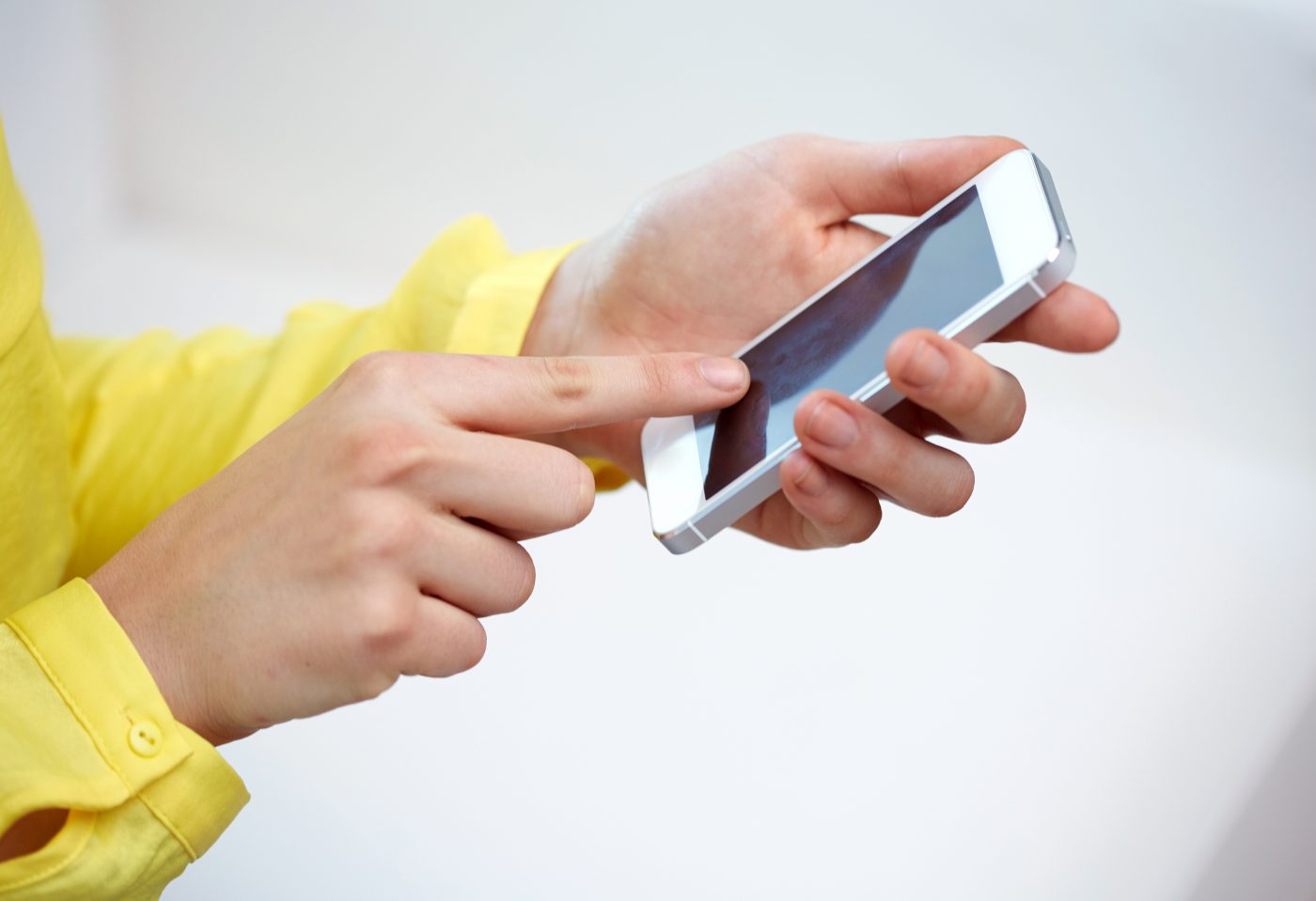Mobile Parkapp Will Monitor, Help Diagnose Parkinson’s

Researchers from Malmö University in Sweden are developing an interactive digital health tool, called Parkapp, to monitor symptoms and help diagnose Parkinson’s disease.
The mobile app is able to monitor finger movements, voice samples and motion patterns as the conventional smartphone screen is tapped, making it possible to gather patients’ data without the need to consult a physician.
“The technology makes it possible to collect the data daily. The idea is that it should be able to replace parts of the examinations that are usually done in hospitals,” Dario Salvi, PhD, a researcher at the Internet of Things and People (IoTaP) and the project’s lead investigator, said in a press release.
Salvi and his team have received a research grant of 2 million Swedish kronor ($240,200) from the Mats Paulsson Foundation to develop this new application that allows for continuous health evaluation and remote assessment of patients with Parkinson’s.
The research project began earlier this year is expected to run until the end of 2022.
“There are a number of simple tests that the patients do themselves through the mobile phone. In parallel, a continuous measurement of movements takes place on a smart watch. Collected data is sent to a server and can then be analyzed by a doctor,” said Salvi.
Data will be collected through an extension of the Mobistudy app. Created in the U.K., at the University of Oxford, it is now being advanced by Salvi and IoTap in Sweden.
The application makes use of well-established methods such as measurements of patients’ movement patterns, speech, or tremors.
“We let patients do a short voice test on their mobile phones. Parkinson’s affects speech, and voice tests have shown to provide a lot of information about who has the disease and to what extent,” Salvi said.
Besides speech, Parkapp is able to determine the presence of any tremor and speed at which the person touches the smartphone’s screen. Through a smart watch, it also can follow a patient’s sleep and motion by measuring the frequency and length of steps.
The research will be led by the University of Malmö, with IoTap being responsible for developing the Parkapp mobile application and analyzing patients’ movements.
The project will involve the University of Edinburgh, which has expertise in developing algorithms for Parkinson’s, and will be responsible for the analysis of patients’ voice and sleep patterns. The Karolinska Institute will provide clinical expertise and will recruit patients.
The project will be split into three parts. First, researchers will focus on developing algorithms and testing them with available datasets. In the second part of the study, the team will develop those algorithms further using data from a small group of 10 participants.
Finally, the study will be extended to 30 Parkinson’s patients who will be invited to use the app for three months for a clinical evaluation of the system.
Researchers expect this technology will be practical and well-received by both patients and clinicians. However, they recognize that further studies will be needed to improve the application and make it more robust for scaling it to larger groups.
“If the project gives good results, we may be able to develop a new app especially for Parkinson’s,” Salvi said.






